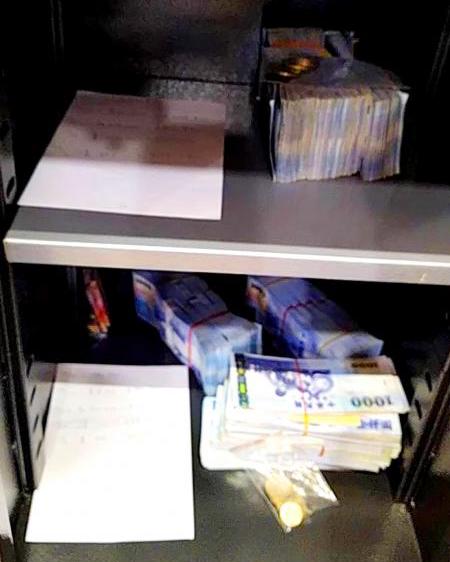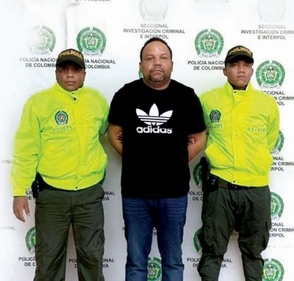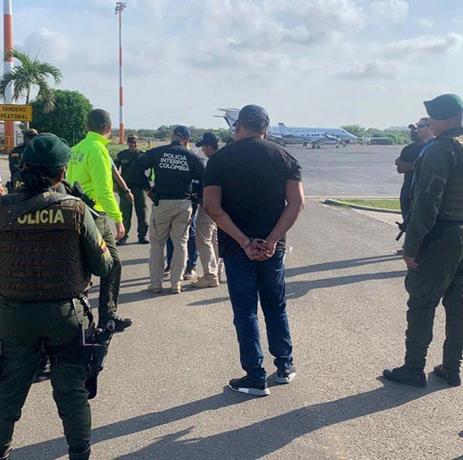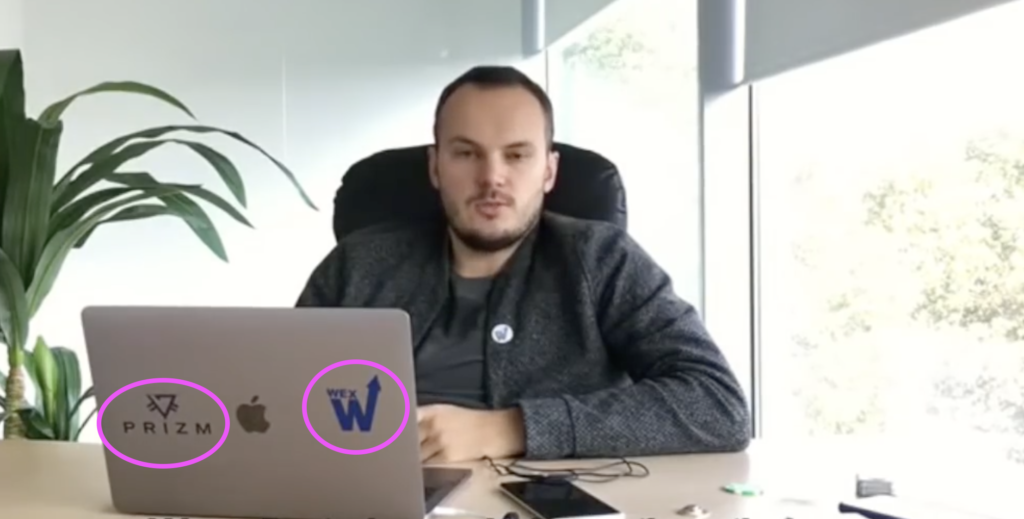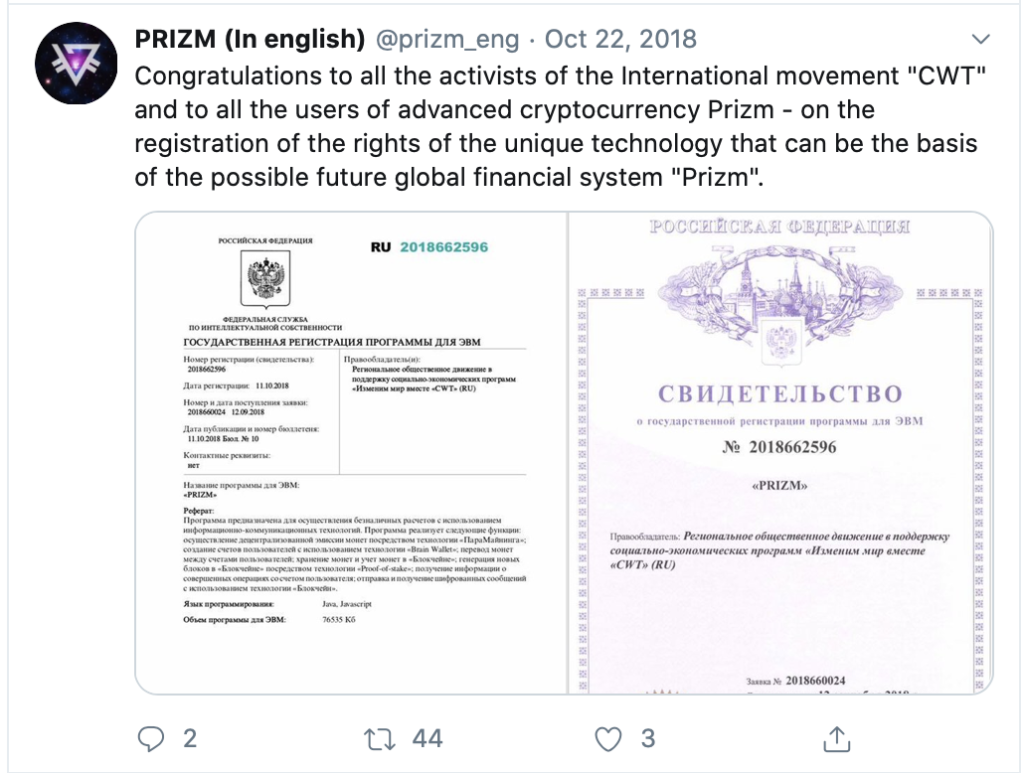The CSA guidance
The Canadian securities commissions, through the Canadian Securities Administrators (the “CSA“), issued guidance on digital currencies and digital currency exchanges in Canada, the impact of which fundamentally changes the legal landscape for digital currency exchanges and puts the vast majority of them under the supervision of provincial securities commissions.
The securities commissions have jurisdiction in Canada that may arise in a number of ways, including but not limited to, over digital currencies and digital currency sellers, including exchanges, Bitcoin ATM operators and OTC operators, if the activity falls within the jurisdiction of securities legislation or the activity takes place in Canada, targets Canadian residents, or meets the “substantial connection” to Canada legal test (e.g., it is incorporated in an offshore island but substantially operates from Canada). Securities legislation in this context can apply to sellers (whether platforms or persons) if it involves securities and products (digital currencies) to the extent they are securities.
Platforms defined
The CSA guidance mostly focuses on “Platforms” which is defined not as an online website but rather as any entity (legal person) that facilitates the buying or selling of any type of digital currencies (so that would include ICO issuers and such, even if they are called “tokens”).
Applicability of securities legislation
The material part of the CSA guidance is that securities legislation applies to Canadian activities in respect of digital currencies if custody of the digital currencies remains with a digital currency exchange or ICO issuer (the Platform) for any period of time, as opposed to with the consumer and the basis for that distinction 100% has to do with the level of risks of the former as opposed to the latter.
When securities legislation applies
According to the CSA guidance, securities legislation will apply in Canada when the Platform sells or buy digital currencies from consumers but the Platform retains custody and control of the digital currencies (deposit-takes), even if its services impliedly or expressly agree to transfer control back to the consumer at the request of the consumer at some later time. In this case, there is complete reliance on the Platform and therefore the consumer is at risk. Book entries whether manual or electronically made to reflect digital currency holdings of a consumer without transfer of control back to the consumer is not real control and ergo, the exchange has custody and securities law may apply. What is key here in exchange parlance is that the CSA seems to be referring to an internal wallet in this scenario, meaning the digital currencies are transferred to the customer’s internal wallet within the exchange, not outside of it. In this scenario, no digital currencies exit out of the Platform immediately into the legal custody of the consumer and hit the relevant Blockchain. These types of businesses are subject to securities legislation in Canada because, the CSA guidance is saying, they pose multiple risks to consumers. While the CSA guidance does not use this phrase, a service that poses multiple risks to consumers, is high risk.
When securities legislation does not apply
And the opposite applies – namely, securities legislation will not apply in Canada when the Platform sells digital currencies to, or buys digital currencies from, consumers and the Platform immediately transfers out the fiat or digital currency to an external wallet in the control and custody of the consumer, or in the case of a buy of Bitcoin by the exchange for liquidity via an OTC, to an external bank account of the consumer. In other words, if the consumers’ digital currencies exit out of the Platform or exchange immediately after a transaction (e.g., hits the Blockchain) and lands in the consumer’s external wallet, securities legislation would not apply. This type of business, the CSA guidance is saying, does not pose the multiple enumerated risks to consumers as those that retain custody and control of consumers’ Bitcoin, and is not subject to securities legislation. In other words, securities law is not needed to intervene to protect the public with these business models in the crypto space.
In sum, it would appear that a digital currency exchange or ICO or IEO issuer, physically in or substantially connected to, Canada or that has Canadian consumers and are custodians of any amount of digital currencies, perhaps even $1’s worth of which belongs to a consumer, are subject to securities legislation.
Bank de-risking of exchanges in Canada?
What may be the repercussion of the CSA guidance?
While its hard to say, the most immediate repercussion may be the closure of the majority of digital currency exchanges in Canada because they may be de-risked by banks or credit unions.
While not stated as such, the CSA guidance de facto made a determination that digital currency exchanges that hold customer digital currencies as a custodian have such risks that the intervention of the law is required. The CSA guidance does not use the words “high risk” but it sets out numerous risks that consumers face when dealing with digital currency exchanges that have custody of consumers’ Bitcoin and is seeking to mitigate those risks.
It will be hard for a bank or credit union to continue to provide banking services to a client that government agencies in Canada have determined has a business model that poses multiple risks, one of which specifically is identified as a criminal risk under the Criminal Code and others of which are tied to a lack of prudential oversight. Banks are more risk-adverse than government agencies.
In the context of anti-money laundering compliance, the CSA guidance is a key piece of a risk assessment for banks to consider in respect of evaluating the risks of banking Blockchain and digital currency exchange related businesses.
Not all digital currency exchanges are the same – there are two digital currency exchanges in Canada that do not administratively control or have possession over customers’ digital currencies. This type of Bitcoin seller or digital currency exchange never has custody of the consumer’s financial instruments – whether its money or Bitcoin and they transfer assets immediately out to the consumer. The CSA guidance gives them a pass and exempts them from their regulatory oversight (all other things being equal).
Jurisdiction & enforcement action against foreign exchanges
The CSA in its guidance has said that provincial securities commissions intend to launch enforcement action against digital currency exchanges with Canadian customers who violate securities legislation, or do not follow the CSA guidance.
Securities commissions face two types of foreign-related operations that may be considered for enforcement – one is that there are quite a few ICOs that raised money from investors and digital currency exchanges, as well as OTC service providers, that are in Canada but who have an offshore corporate presence to appear non-Canadian. A type of offshore corporate presence they go for is to obtain a piece of island paper, meaning they file a piece of paper in an offshore island corporate registry office and believe that the existence of that piece of paper from the island makes their operations tied to that offshore island and protected from US or Canadian enforcement scrutiny.
The second is foreign digital currency exchanges and OTC service providers that provide services to Canadians online.
Next Steps
If securities legislation applies to an exchange or OTC provider or ICO issuer, it will have to determine which jurisdiction in Canada it wants to be its principle one – British Columbia, Ontario, Alberta or another one, and will have to commence to communicate with that securities commission to start the dialogue of oversight of its activities, or an exemption therefrom.
One can expect that the securities commissions may have in mind a plan to list those that one of them has green-lighted on a common website for consumer protection.


